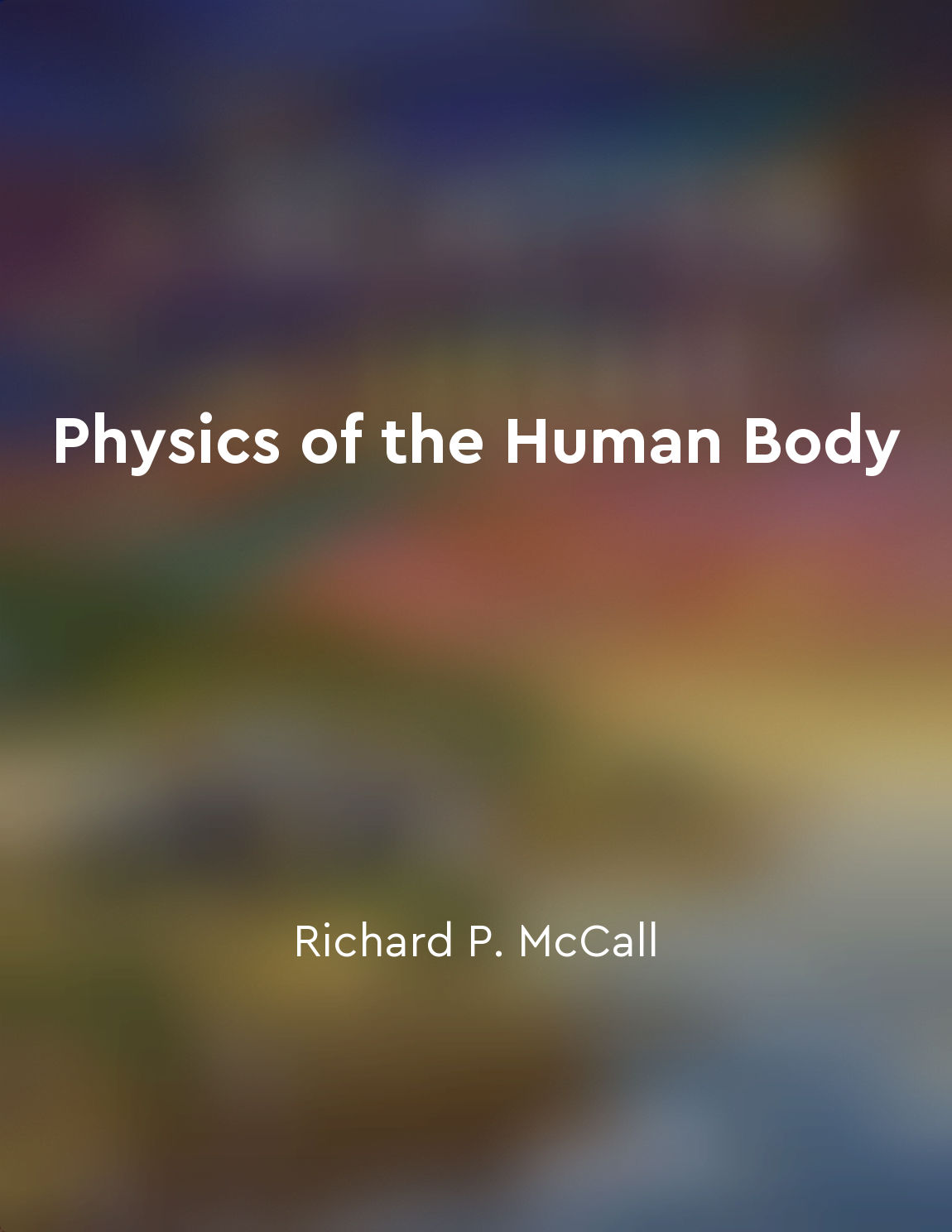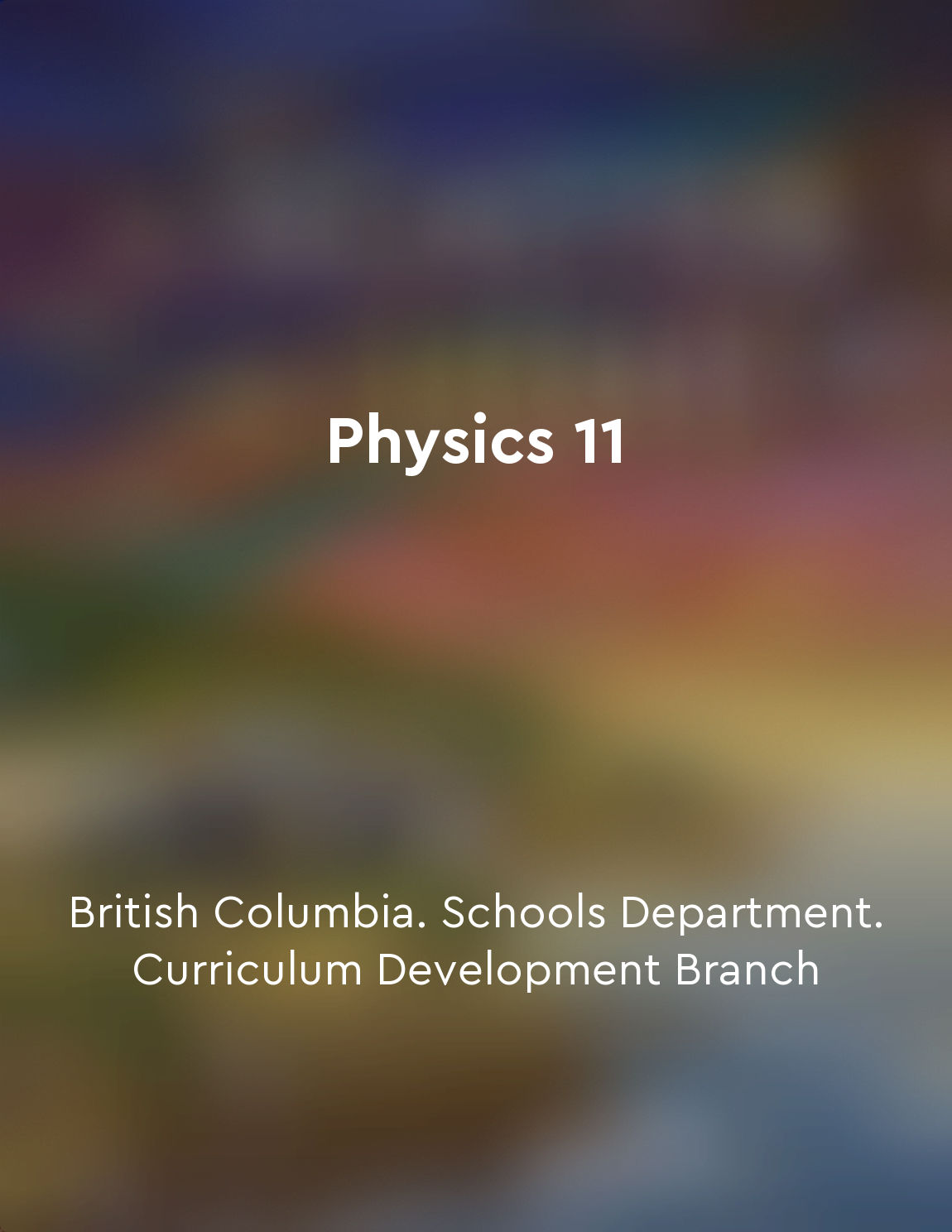Molecular collisions and transport processes from "summary" of Physical Chemistry by Robert G. Mortimer
The movement of molecules in a gas or liquid is characterized by collisions between the molecules. These collisions are crucial for understanding various transport processes, such as diffusion and viscosity. When molecules collide, they exchange energy and momentum, leading to the transfer of mass, energy, and momentum throughout the system. Diffusion, for example, is the process by which molecules move from a region of high concentration to a region of low concentration. This movement is driven by the random collisions between molecules, which cause them to spread out evenly over time. The rate of diffusion is dependent on the frequency and energy of these collisions. Viscosity, on the other hand, is a measure of a fluid's resistance to flow. It arises from the interactions between molecules as they move past each other. A highly viscous fluid has a high degree of molecular friction, leading to slower transport processes. The concept of molecular collisions is central to understanding viscosity, as it governs the rate at which molecules can move through the fluid. In addition to diffusion and viscosity, molecular collisions play a role in other transport processes, such as thermal conduction and electrical conduction. In these cases, the transfer of heat or charge is facilitated by the collisions between molecules. Heat conduction, for instance, occurs through the transfer of kinetic energy between colliding molecules.- Molecular collisions are essential for the understanding of transport processes in gases and liquids. By analyzing the frequency, energy, and nature of these collisions, we can gain insights into how mass, energy, and momentum are transferred within a system. This knowledge is crucial for various applications in chemistry, physics, and engineering.
Similar Posts
Continuing education and training programs help mechanical engineers stay updated on industry developments
Continuing education and training programs are essential for mechanical engineers to keep abreast of the latest advancements in...
Statistical interpretation of entropy
In statistical mechanics, entropy is interpreted as a measure of the number of ways in which a system can be arranged microscop...

The brain processes sensory information using electricity
The human brain is a complex organ that plays a crucial role in processing sensory information. Within the brain, there are bil...

Forces cause changes in motion
The concept that forces cause changes in motion is a fundamental principle in physics. When an object is at rest or in motion, ...
Diversity of life on Earth
The astonishing variety of life forms on Earth is a testament to the incredible diversity that exists within our planet. From t...
Thermodynamics studies energy and its transformations
Thermodynamics is the branch of physics that deals with the study of energy and its transformations. It is concerned with under...
Quantum mechanics informs statistical mechanics
The connection between quantum mechanics and statistical mechanics lies in the fact that the behavior of individual particles, ...

Mechanical waves transfer energy through a medium
When a mechanical wave travels through a medium, it causes the particles of the medium to vibrate back and forth. This vibratio...

